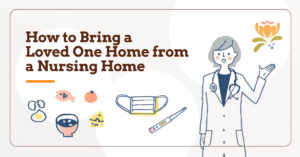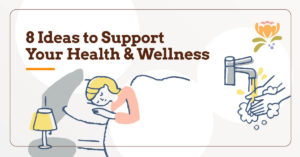To buy or not to buy organic, that is the question. The Environmental Working Group (EWG) publishes an annual report called the “Shopper’s Guide to Pesticides in Produce” that may help your decision making. This report takes food testing data from the USDA and identifies the produce with the most pesticides and the least and ranks them accordingly. The EWG wants to inform people about what is going into their bodies and to help them make the best choices when purchasing produce.
This report can help you decide to buy organic or not. The EWG report provides two lists: the Clean Fifteen™ list and the Dirty Dozen™ list. The idea is that you would buy items off of the Clean Fifteen list, but buy organic if you want items that are on the Dirty Dozen list.
So what foods are on the Dirty Dozen list?
Produce with the highest pesticide concentrations are on the Dirty Dozen list, which includes: apples, peaches, nectarines, strawberries, grapes, celery, spinach, sweet bell peppers, cucumbers, cherry tomatoes, imported snap peas and potatoes. Each of these foods tested positive for a number of different pesticide residues and showed higher concentrations of pesticides than other produce items. For items on this list, you may prefer to buy organic.
And here are the Clean Fifteen.
The produce least likely to hold pesticide residues includes avocados, sweet corn, pineapples, cabbage, frozen sweet peas, onions, asparagus, mangoes, papayas, kiwis, eggplant, grapefruit, cantaloupe, cauliflower and sweet potatoes. Relatively few pesticides were detected on these foods, and tests found low total concentrations of pesticides on them.
Assisted Living Services’ caregivers often provide meal planning and meals for their seniors. They have been trained on the importance of nutrition and can provide guidance on food choices for seniors. If you have any concerns about your senior loved one’s nutrition, please call our office at (203) 634-8668.





